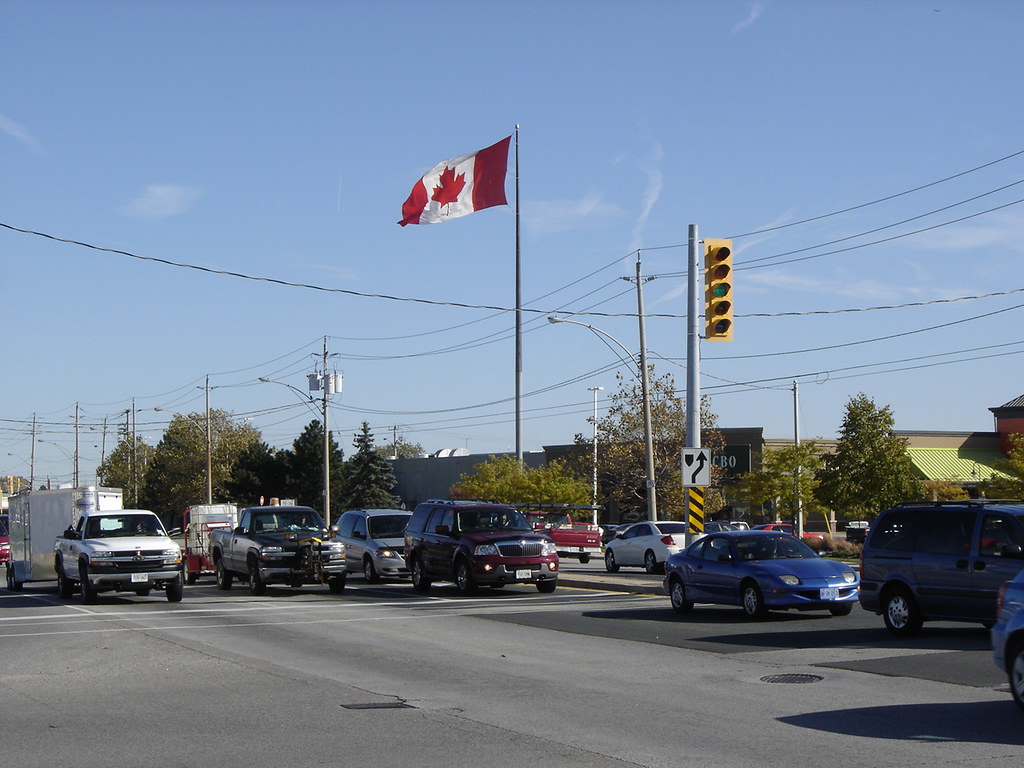- There's a Lot at Stake for High Speed Rail in Today's Elections (Infrastructurist)
- Transit Races to Watch Across the Country (Transpo Nation)
- High Speed Rail Needs to be More than Just Roadkill for Republicans (Boston Globe)
- Tragedy Doesn't Prove That the FTA Should Regulate Transit (GGW)
- Hospitals Get Behind Active Transportation (Bike Portland)
- Why Having Kids Doesn't Mean You Need to Buy a Car (Grist)
- Can China Grow Smartly and Sustainably, Or Are Pollution and Sprawl Inevitable? (Reuters)
- Washington Supreme Court Ruling on Water Speculation Will Cause Sprawl (Common Dreams)
- Seattle Transit System Braces, Strategizes for Another Snowy Winter (Seattle Times)
- Bay Area Bus Budget Gets Slashed (SJ Mercury)
- Will Mayor Daley's Pro-Bike Legacy Outlive His Term? (Chicago Sun-Times)
Today's Headlines
Today’s Headlines
Stay in touch
Sign up for our free newsletter
More from Streetsblog USA
Talking Headways Podcast: Technical Assistance for Equitable TOD
Emily LaFlamme on how the Elevated Works technical assistance program helps developers bring equitable transit-oriented development to life.
Thursday’s Headlines Wonder if Ride-Sharing Is Good, Actually
It's been shown to replace walking, biking and transit trips, but two writers argue it's better than taxis, and at least lifts the burden of car ownership.
This Company Wants to Help More Americans Buy Used E-Bikes
Trade wars in Washington are having a chilling effect on the U.S. bike market. Could selling more used cycles fill the gap?
We Can’t Have Justice For All Without Public Transit For All
A Philadelphia lawyer makes the case for why public transit is crucial for a fair justice system.
Wednesday’s Headlines Stop and Smell the Roses
Streets are now places where we walk somewhere as fast as we can if we're forced to leave our house.
Northern Disclosure: Canada’s Road Laws Could Help Save U.S. Lives
The U.S. would be safer if we implemented some of Canada's most common roadway laws — but the politics are complicated.





